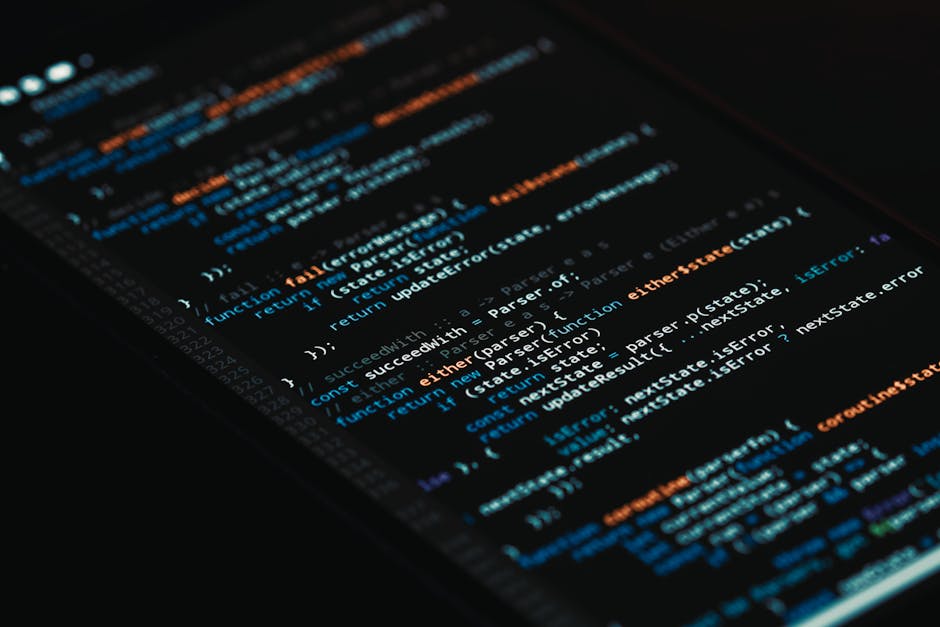
Advancements in Neurotechnology: Transforming Brain-Computer Interfaces
Introduction to Neurotechnology
Neurotechnology encompasses a range of techniques and devices designed to understand, monitor, and influence the nervous system. Recent advancements have paved the way for groundbreaking applications in medicine, communication, and beyond.
Breakthroughs in Brain-Computer Interfaces
One of the most exciting areas in neurotechnology is the development of brain-computer interfaces (BCIs). These systems enable direct communication between the brain and external devices, allowing for potential treatments of neurological disorders and new forms of human-computer interaction.
Impact on Medical Treatments
Modern neurotechnology is transforming medical interventions. For example, neurotechnologies are used to restore mobility for patients with paralysis, treat mental health conditions, and develop smart prosthetics that respond to neural signals.
Future Prospects
The future of neurotechnology promises even more sophisticated devices that could enhance cognitive functions, enable memories to be rewritten, or facilitate seamless human-robot integration. Keeping abreast of these trends is essential for researchers, clinicians, and tech enthusiasts alike.
Conclusion
Advancements in neurotechnology are significantly contributing to our understanding of the human brain and opening new horizons in healthcare and human augmentation. To learn more about these cutting-edge developments, explore related topics such as neurotechnology and AI or ethical considerations in neurotech.
